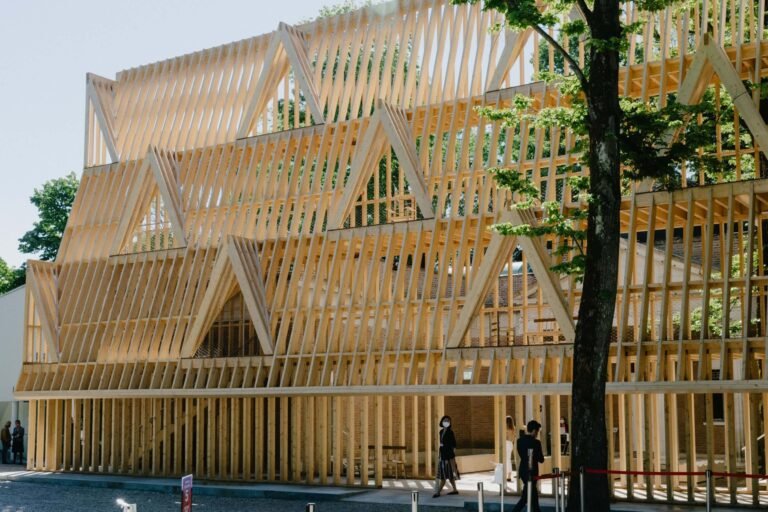This Harlem Town House Will Be a Game Changer for Unhoused Trans and Queer Youth
Ali Forney was just 22 years old when they were murdered outside a Harlem housing project in 1997. Gender-nonconforming and rejected by their family of origin, Forney had been homeless since the age of 13, resorting to sex work for survival. The shelters existed at the time weren’t safe for trans or queer youth, so Forney lived on the streets, assuming the role of advocate and counselor for their similarly struggling peers, educating them on safe sex and HIV prevention. Forney’s death was a tragedy but their life an inspiration, and in particular to activist Carl Siciliano, who met them at a drop-in center. Five years after their death, Siciliano founded the Ali Forney Center (AFC) in their honor.
For the past 20 years, the AFC has dedicated itself to saving the lives of young, homeless LGBTQ+ people in New York City—creating paths to independence through emergency and transitional housing as well as health care and vocational services, including HIV treatment, job training, and substance-abuse counseling. In the past 12 months alone, the organization has assisted more than 2,000 youths in need. Moreover, it has done so with only a tenuous hold on its real estate. Though the AFC operates 18 sites, it owns just one: an apartment building in the East Village, thanks to a posthumous $300,000 gift from actress Bea Arthur.
That now stands to change as the AFC embarks on an ambitious $5.85 million capital campaign to buy, maintain, and operate a historic Harlem town house—what will soon become a dedicated site for transgender, gender-nonconforming, and nonbinary youth. “Since our earliest conversations I have said we need to buy houses,” notes Alexander Roque, the president and executive director of the AFC since February 2020. Brownstones, of course, don’t come cheap nowadays. But as he explains, owning the property would be a game changer for the organization and community, uniting scattered clients under one roof while enhancing the AFC’s financial stability.
Architectural Digest is here to help. We are proud to partner on this urgent project, aptly titled Welcome Home, as the latest in the brand’s ongoing series of philanthropic initiatives. In the weeks and months to come, AD will leverage its network of design lovers and professionals—all passionate about the power of home—to help the AFC realize its dreams of owning a housing site for homeless transgender, gender-nonconforming, and nonbinary youth.
The property at stake, a 1910 Romanesque Revival stunner, entered the AFC’s orbit through its community of devoted team members and supporters. Jase Cannon, the AFC’s director of community engagement, immediately rallied for the cause, enlisting the help of real estate dynamos Fredrik Eklund and John Gomes. Their search, documented on the hit show Million Dollar Listing, eventually led the AFC to the Harlem town house, and Eklund and Gomes convinced its owners to enter into a rent-to-own deal while the AFC raises the necessary funds.

